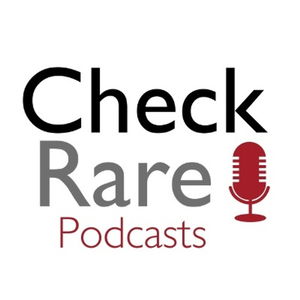

Dela
Podden och tillhörande omslagsbild på den här sidan tillhör
Peter Ciszewski, CheckRare. Innehållet i podden är skapat av Peter Ciszewski, CheckRare och inte av,
eller tillsammans med, Poddtoppen.